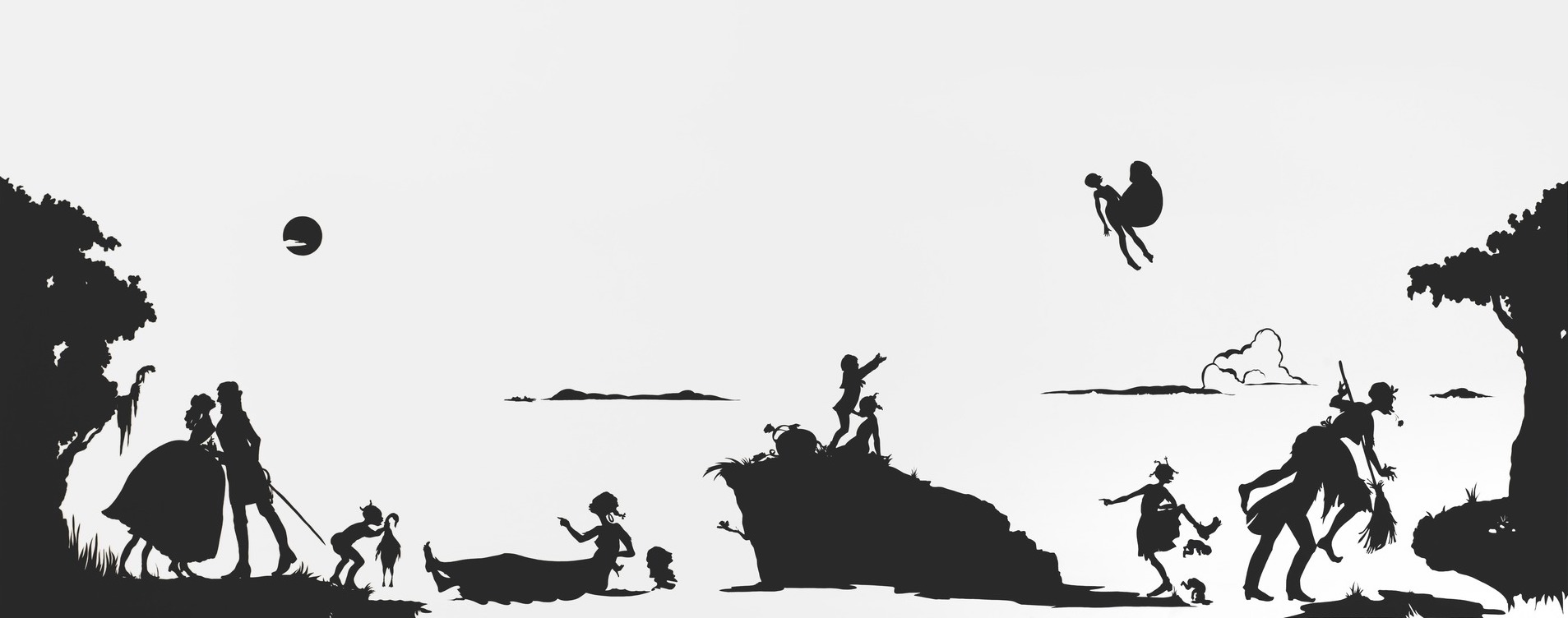The Civil Rights Movement had changed the futures of African Americans for the rest the the United State’s history. However, one such restriction upon the freedom of the African American people was the Plessy v. Ferguson legislation, which made it legally acceptable to discriminate and separate African Americans from Whites. I decided to investigate the context and the consequences of Plessy v. Ferguson to further understand why it was upheld and how it can be seen/felt today.
Homer Plessy, as he was called, was a mixed man living in New Orleans. Mr. Plessy, despite being mixed, was designated as a black man and had to sit in the “colored car” as per the Separate Car Act of 1890. Nevertheless, he had attempted to board a white’s only car only to be detained shortly after refusing to leave the “White’s only” car. Of course, this was fought all the way up to the Supreme court with the help of many people like Albion W. Tourgée and Louis A. Martinet. Albion W. Tourgée was the lead attorney for Plessy and had experience in both defending the civil rights of the African American people in court and as a Union soldier. Louis A. Martinet was an editor for a New Orleans newspaper and was capable of scrapping enough donations and general support to support the legal battle to the Supreme Court. Despite the risky decision to bring it to the Supreme Court, racial segregation was upheld and protected through the court as “separate but equal”.
As consequence of this decision, races could be segregated and treated differently, despite claims by the court that African Americans can be treated as equals. Although, this could be seen as expected as there was support for separating the races by society, from beatings, kidnappings, to lynchings. Even today, there are politicians that publicly wish to enforce white supremacy, despite their attempts to back peddle. The article mentions Steve King but who knows how many other politicians silently agree with enforcing racial supremacy upon the American citizens? Furthermore, how many people claim the inequality of races to this day can be justified by the same though the same words, “separate but equal”? he consequences of Plessy v. Ferguson lead to long-term justification of subjugating and separating of African Americans, even after it was defeated by those who fought in the Civil Rights Movement.
